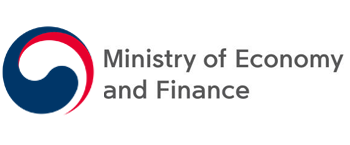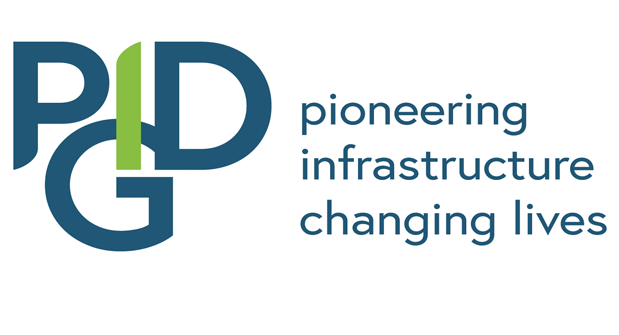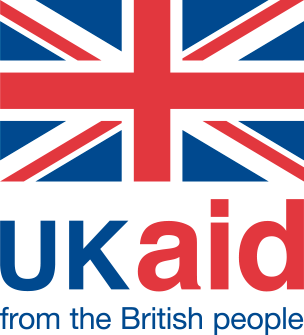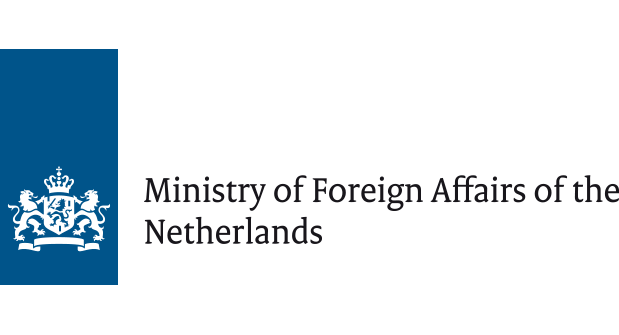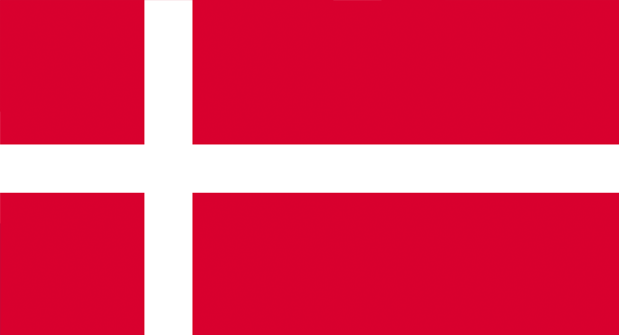Active Engagements
Scaling Solar is a World Bank Group program developed to make it faster, easier and cheaper for developing countries to procure utility-sized private solar power. Learn more about our active engagements in Africa and Central Asia.
In July 2015, Zambia’s Industrial Development Corporation (IDC) signed an agreement with IFC to explore the development of two large-scale solar projects through Scaling Solar. The competitive auction organized through the program attracted 48 solar power developers, seven of whom submitted final proposals, and the bids yielded the lowest solar power tariffs in Africa to date.


